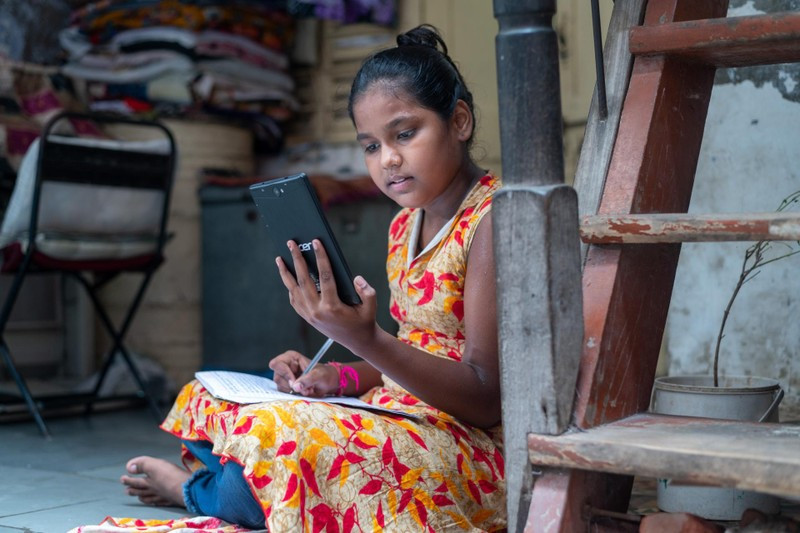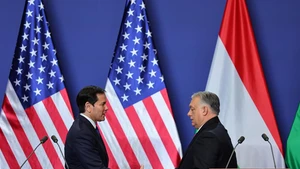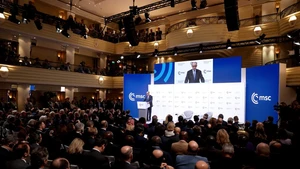According to United Nations statistics, 37% of the women in the world currently do not use the internet. Women are considered to be “half the world”, but the number of women accessing the internet is still 259 million fewer than that of men.
Even in some developed countries, women seem to be left behind in the digital transformation process. According to a report by the United Nations Economic Commission for Europe, only about 50% of women aged 55 to 74 in the European Union (EU) countries have basic or advanced digital skills.
Attracting women to participate in economic and technological fields is considered important to bringing innovative solutions and great potential for breakthroughs. The United Nations Gender Equality Report also found that the exclusion of women from the digital world has taken away the opportunity to generate about 1 trillion USD in GDP in low and middle-income countries over the past decade. This number is forecast to increase to 1.5 trillion USD by 2025 if the world does not apply timely solutions.
UN experts predicted that by mid-century, about 75% of jobs will be in the fields of science, technology, engineering and mathematics. However, currently, women only make up 30% of the workforce at the top 20 technology companies in the world.
In some cutting-edge fields like artificial intelligence (AI) technology, only one in five professionals is a woman. Without the contribution of women, gender inequality will leave a “mark” in digital products and services later. Analysing 133 AI systems, the researchers found that 44.2% of these systems showed signs of gender bias.
The opportunities of the digital revolution also pose the risk of perpetuating patterns of gender inequality. According to research conducted in 51 countries, about 38% of surveyed women said they had been bullied on the internet. 73% of the surveyed female journalists from 125 countries responded that they had been victims of violence and harassment online during their work.
According to the UN, women are at the forefront of efforts to make technology safer, accessible, inclusive and better managed. In September 2022, Ms. Doreen Bogdan-Martin was elected to lead the UN specialised agency for information technology and communications, becoming the first female Secretary-General of the International Telecommunication Union (ITU) in the organisation’s 158-year history.
Reporting on the momentum towards global connectivity, Doreen Bogdan-Martin said an ITU-led coalition has raised more than 17 billion USD for "digital gender equality" efforts. The female leader affirmed that the world has a precious and unique opportunity to achieve gender equality earlier, rather than taking 300 years as some have forecast.
United Nations Secretary-General Antonio Guterres emphasised that technology can enhance the quality of life of women and girls around the world in many ways, from better access to education, to healthcare and financial services, to new avenues in business and entrepreneurship. However, gender equality cannot be achieved by itself, it needs to be prioritised and pursued.
In order to gradually close the gender gap in the digital environment, the head of the UN has called on countries to take action to close the connection gap, uphold women's leadership and ensure that the online world becomes a safer for women and girls.
















